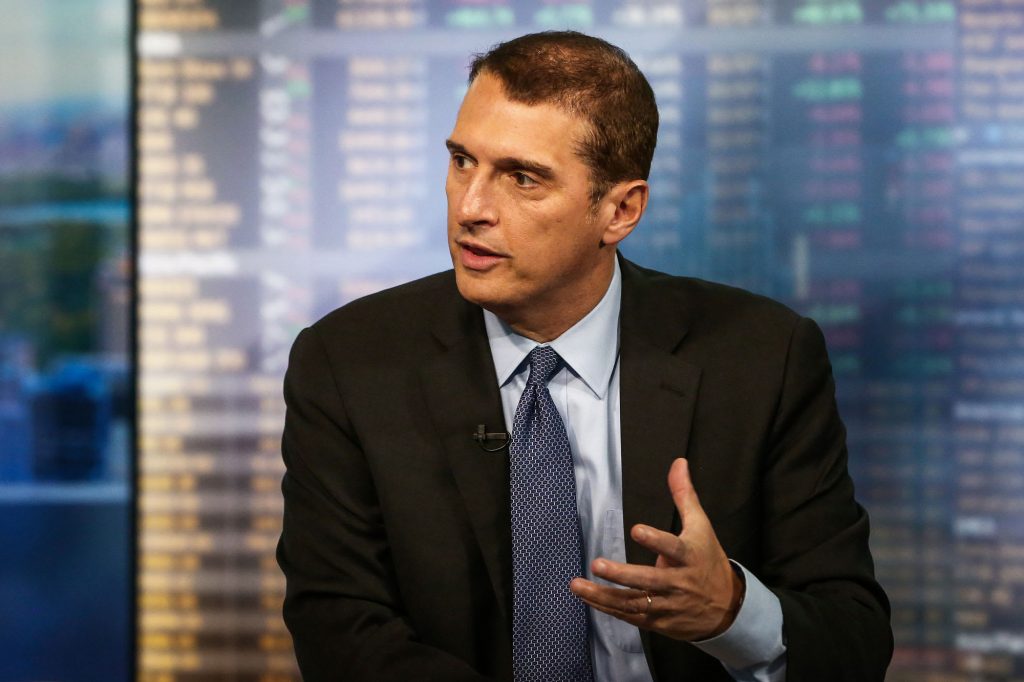
The Federal Reserve’s intention to leave interest rates alone may get sidetracked.
According to Wall Street forecaster James Bianco, the backdrop is conducive for an inflation comeback that would force the Fed’s hand to tighten and upset the stock market.
He sees two major factors sparking inflation: A smaller economy than last year due to the coronavirus lockdowns and the impact of massive monetary and fiscal stimulus.
“We are producing less gross domestic product or less stuff. Excess capacity has been somewhat rained out,” the Bianco Research president told CNBC’s “Trading Nation” on Monday. “You’ve got less supply [and] you stimulate demand. That usually leads to higher prices.”
Bianco contends it’s a serious risk for 2021 that Wall Street should consider worrying about now.
“The Fed is like a post in the ground and the market is like a horse tied to that post,” he said. “When that horse gets spooked by something — call it inflation — it could tear the post right out of the ground and run wherever it wants. It will run, and the Fed might have no choice but to follow it.”
Bianco speculates early inflation signs will appear in the core personal consumption expenditures (PCE) price index, which is considered the Fed’s go-to inflation measure. It’s at 1.6% right now, but Bianco warns it could hit 2.5% by the middle of next year.
‘It hasn’t been above 2.5% in 27 years’
“It hasn’t been above 2.5% in 27 years,” he said. “It’s a good place to start wondering if we’re getting inflation.”
While core PCE ticks higher, Bianco predicts the benchmark 10-year Treasury Note yield will firm, too. It’s around 0.77% now, and he won’t rule out a move toward 1% this year. By next April or May, he thinks it could hit as high as 1.25%.
If the Fed is buying trillions of dollars in Treasurys to keep inflation low, and the 10-year yield can go up at least 20 basis points, Bianco warns it’s a troubling signal.
“The market loves the idea of stimulus, and it’s really been pushing it because it doesn’t perceive inflation as a problem,” Bianco said.
